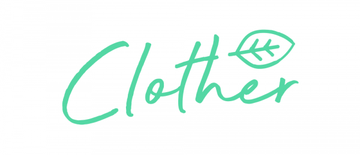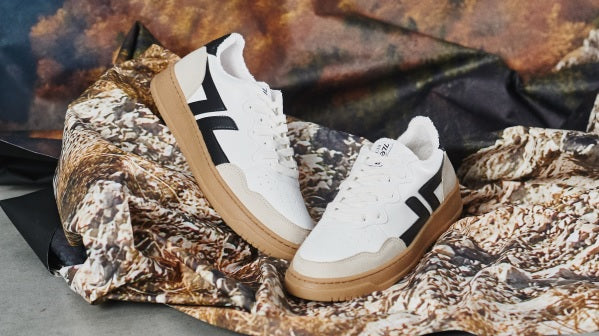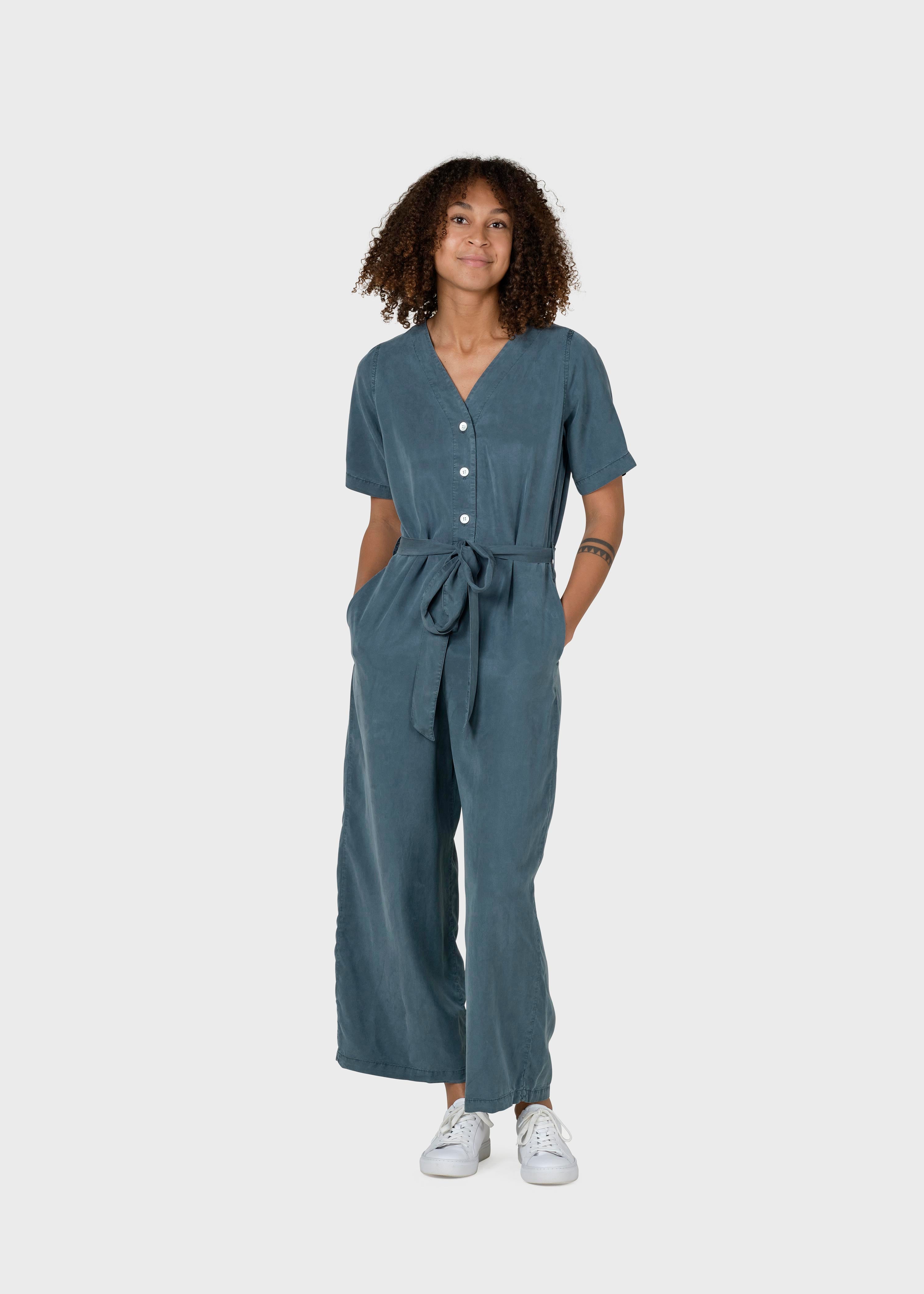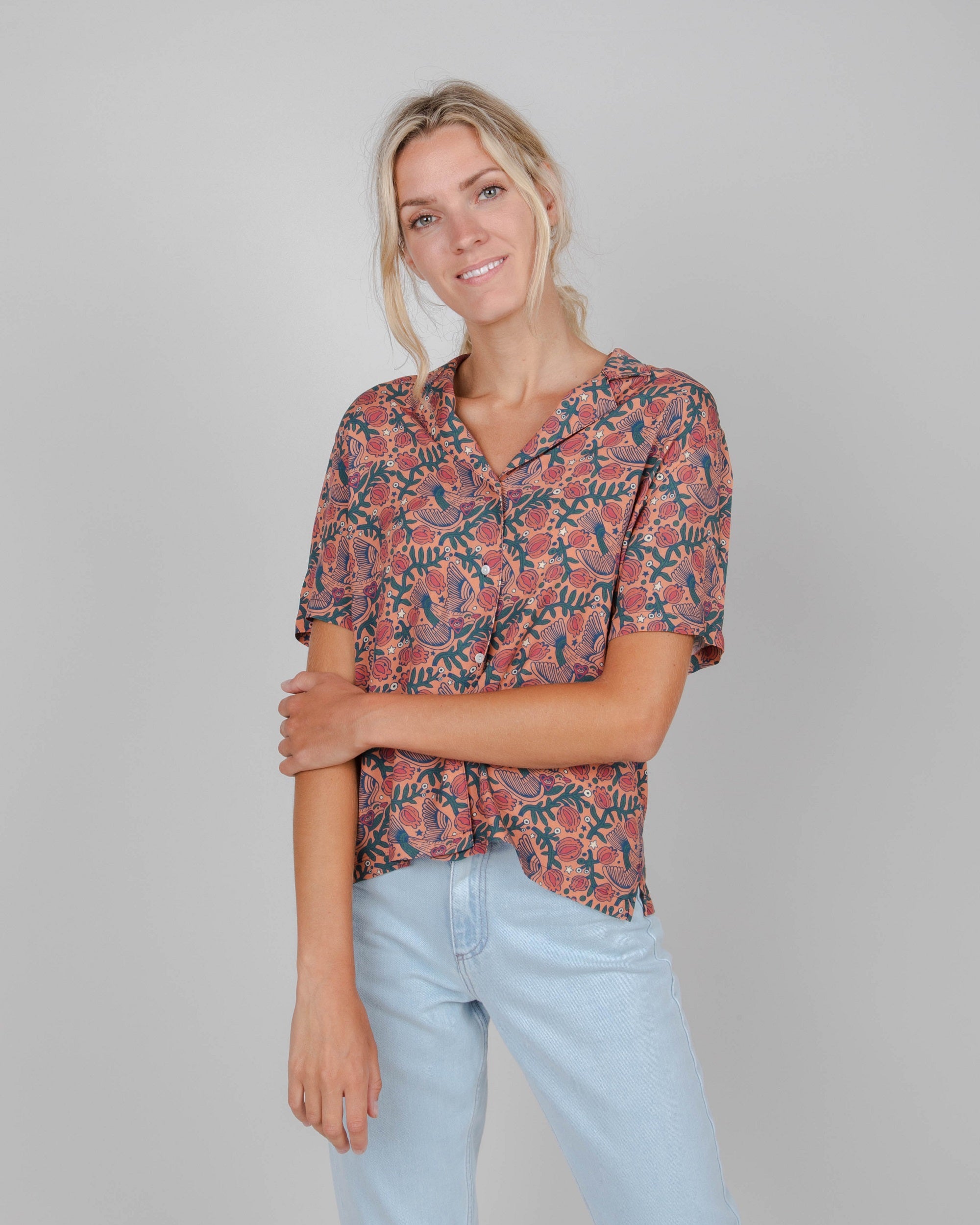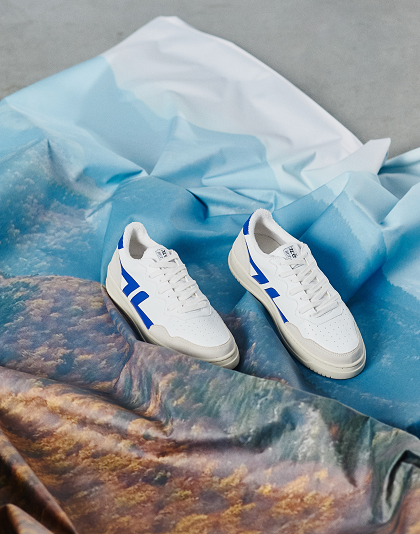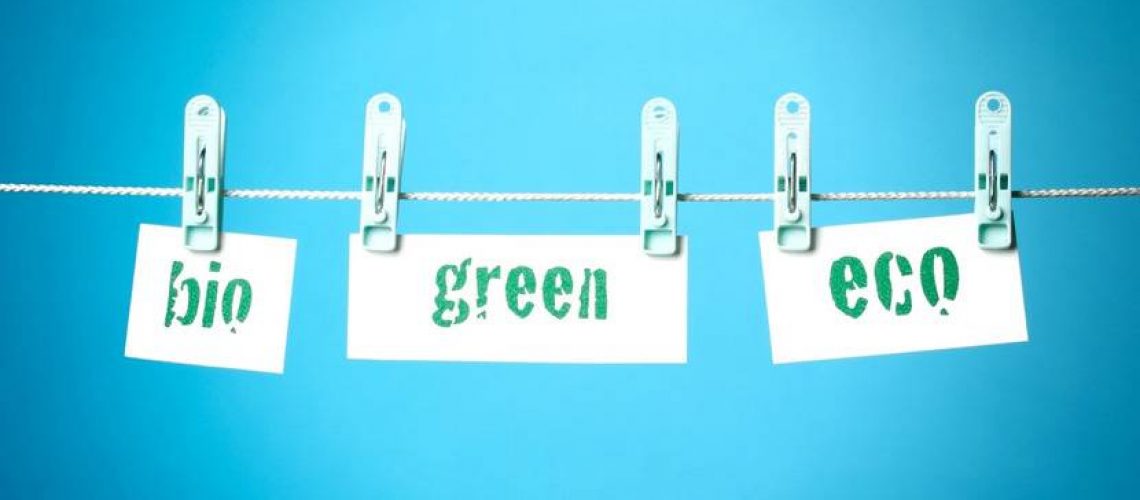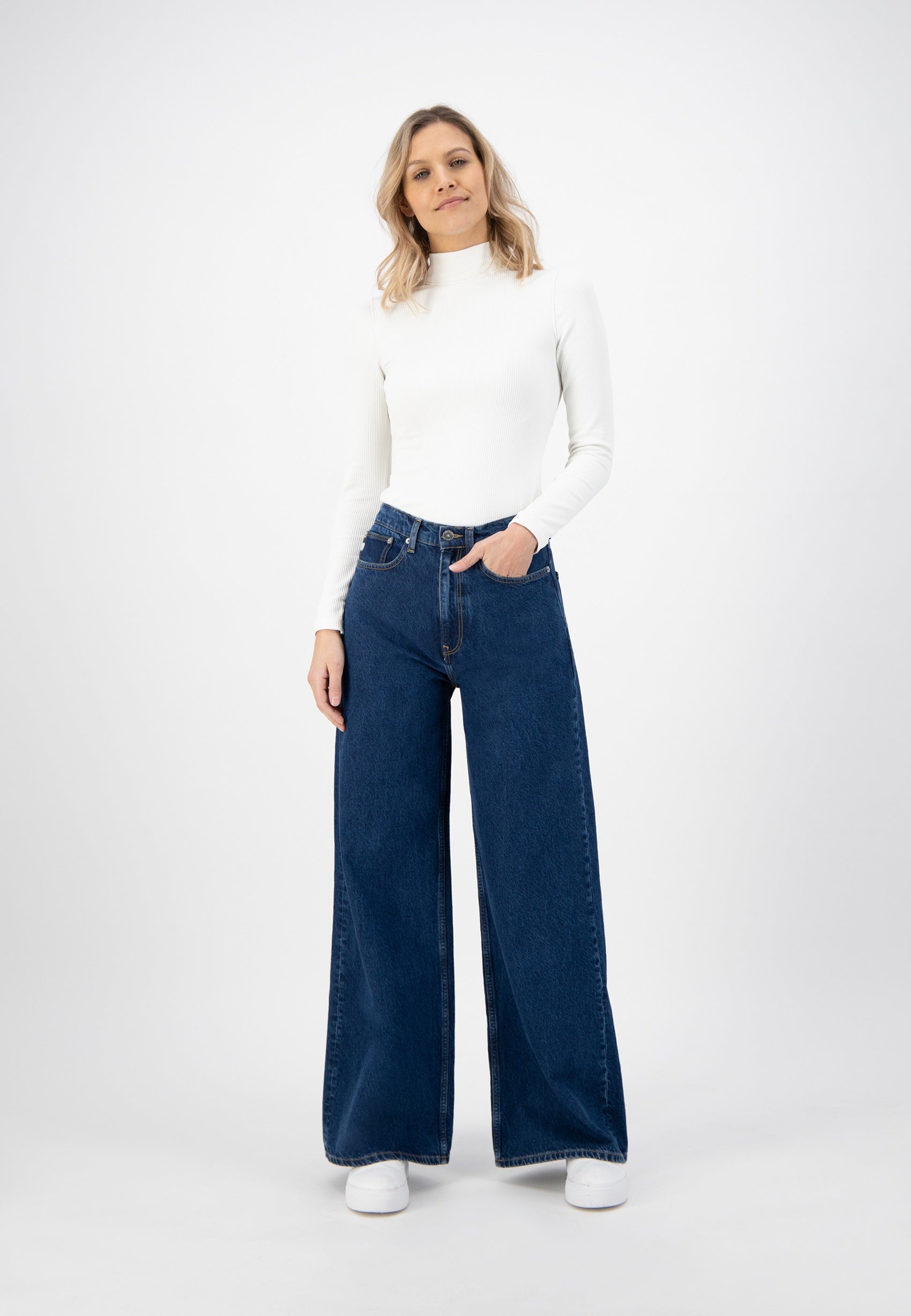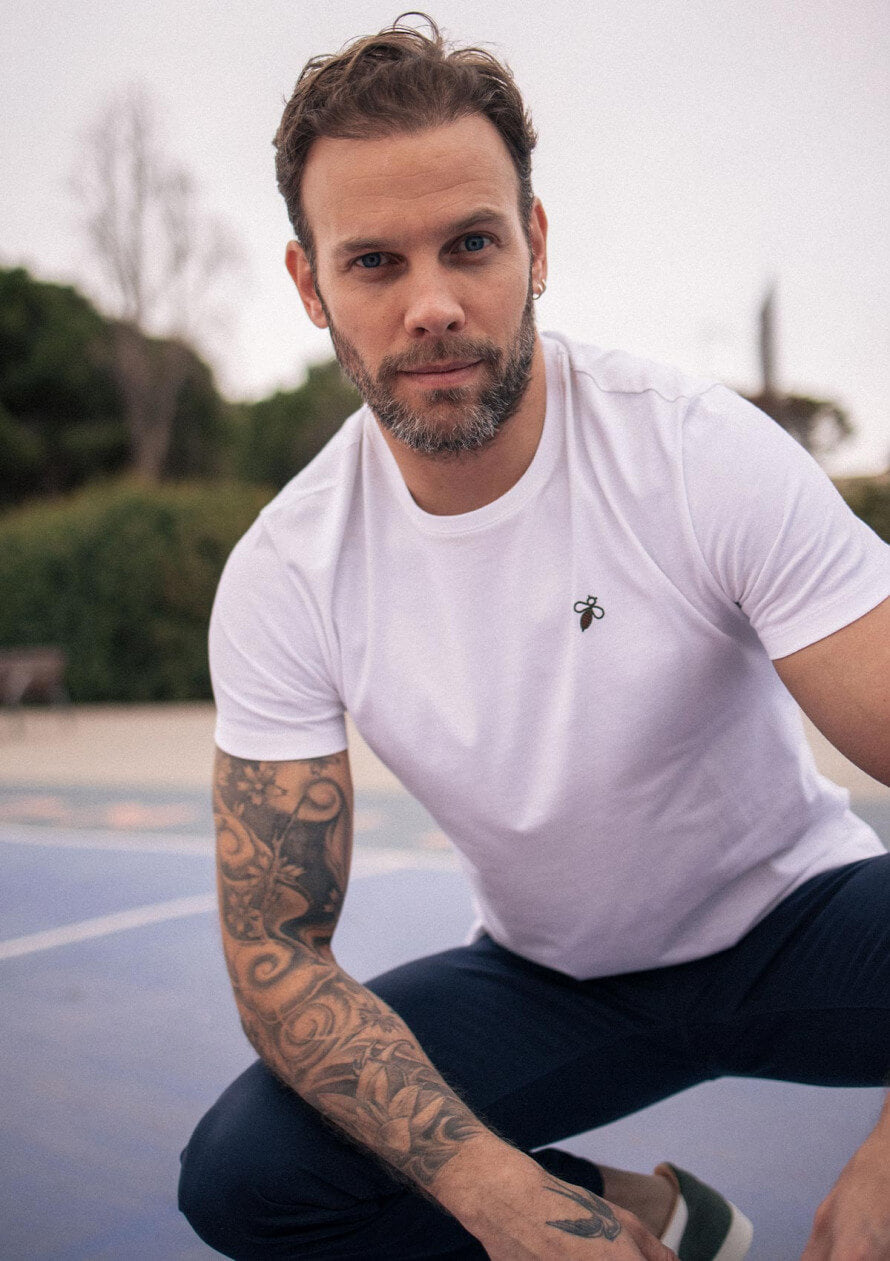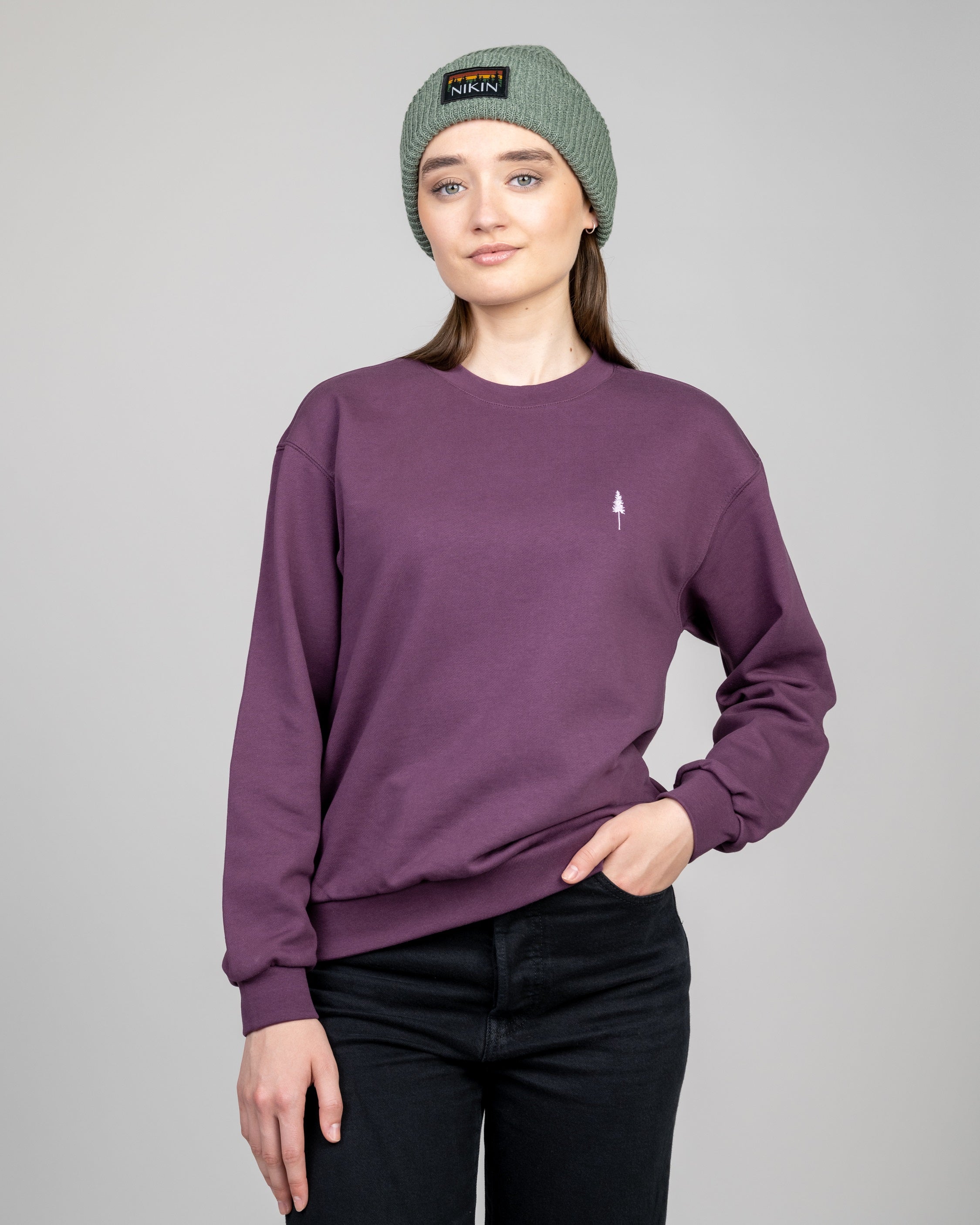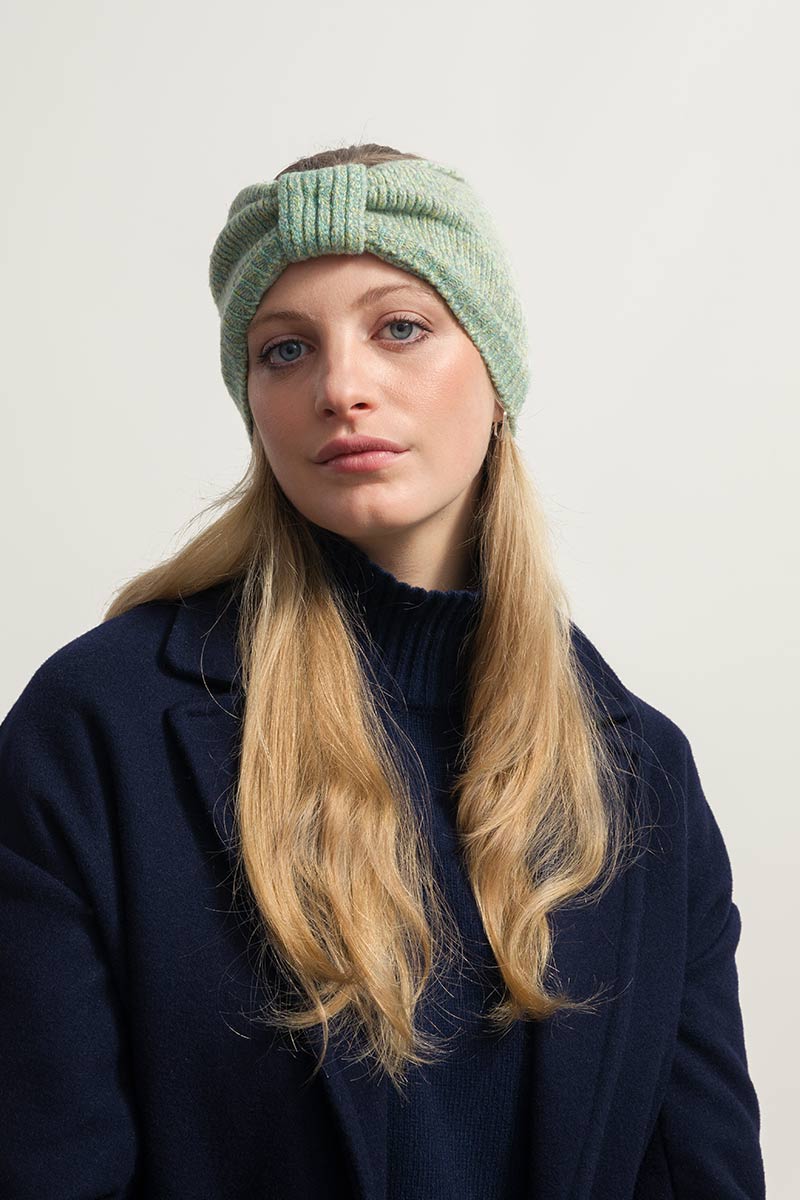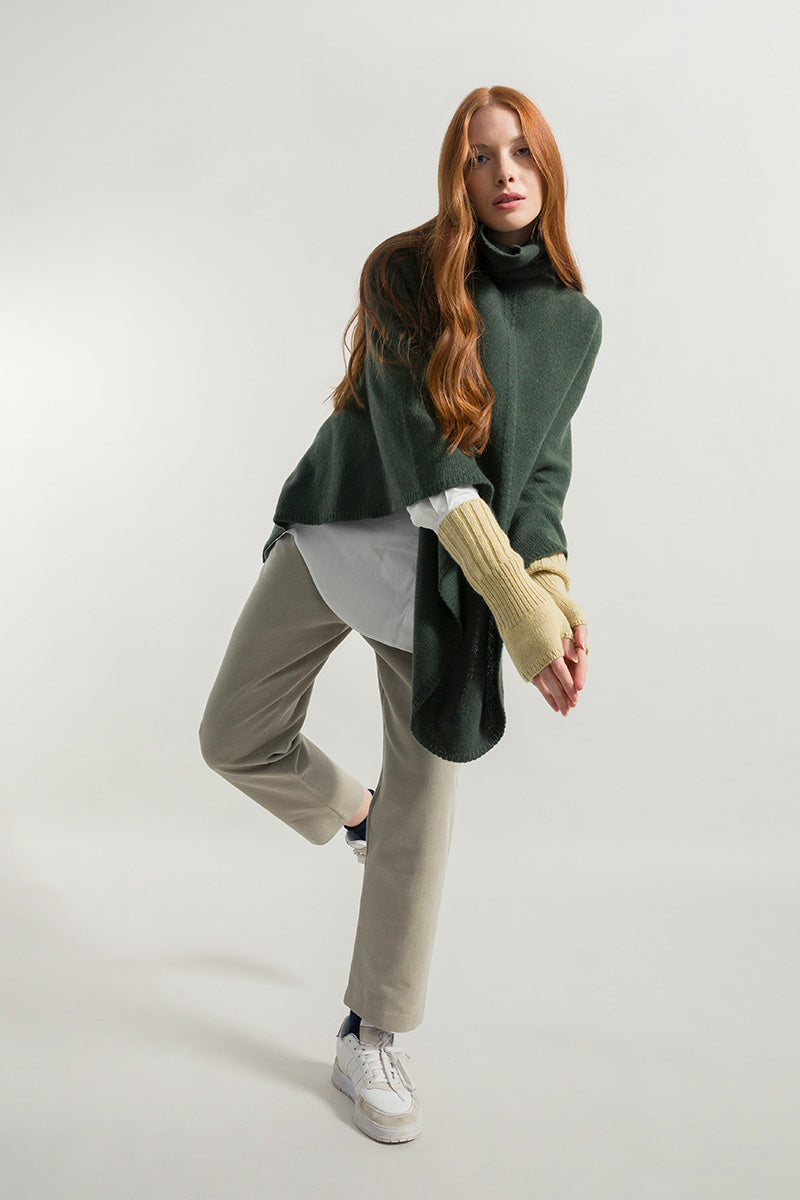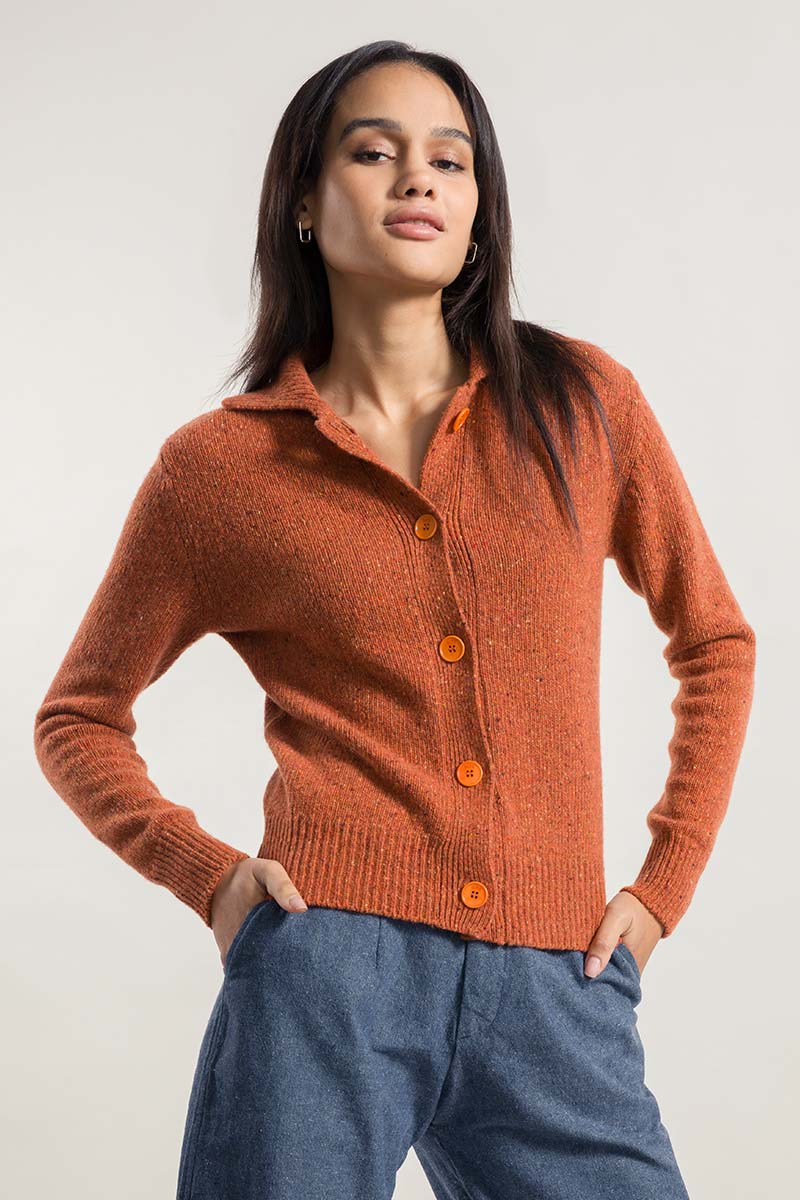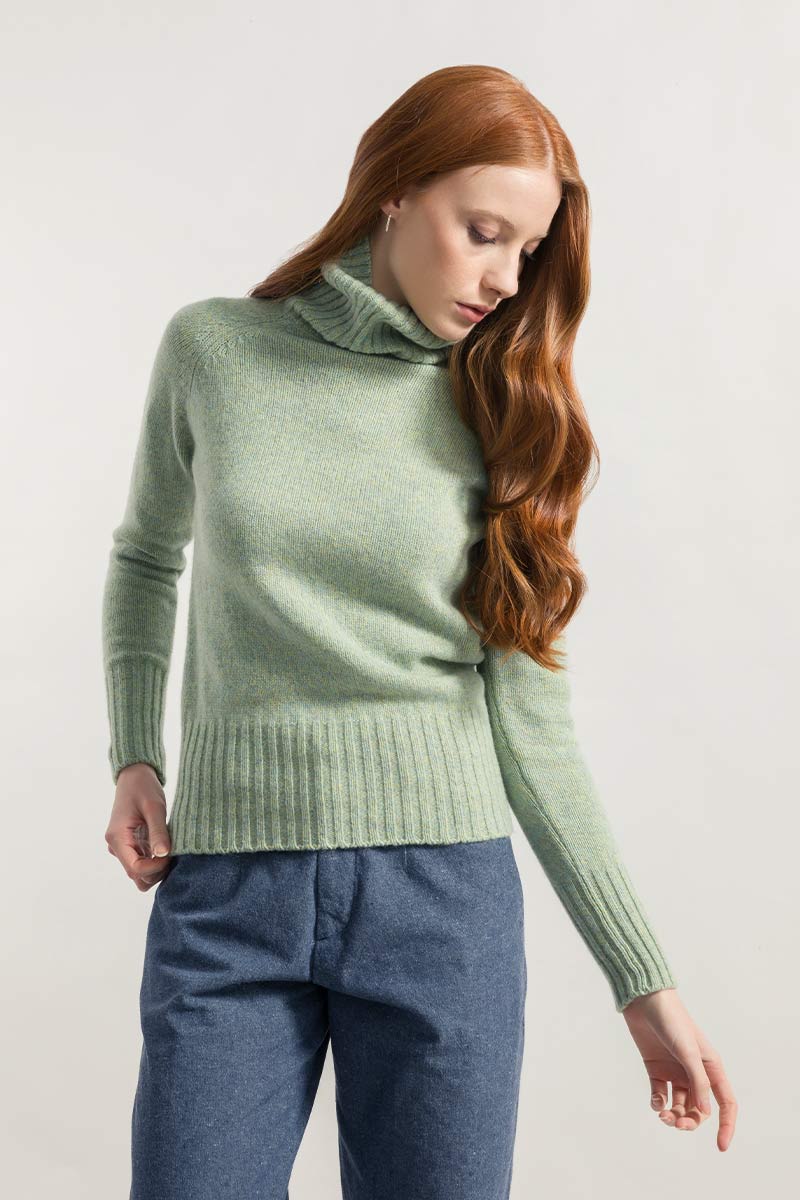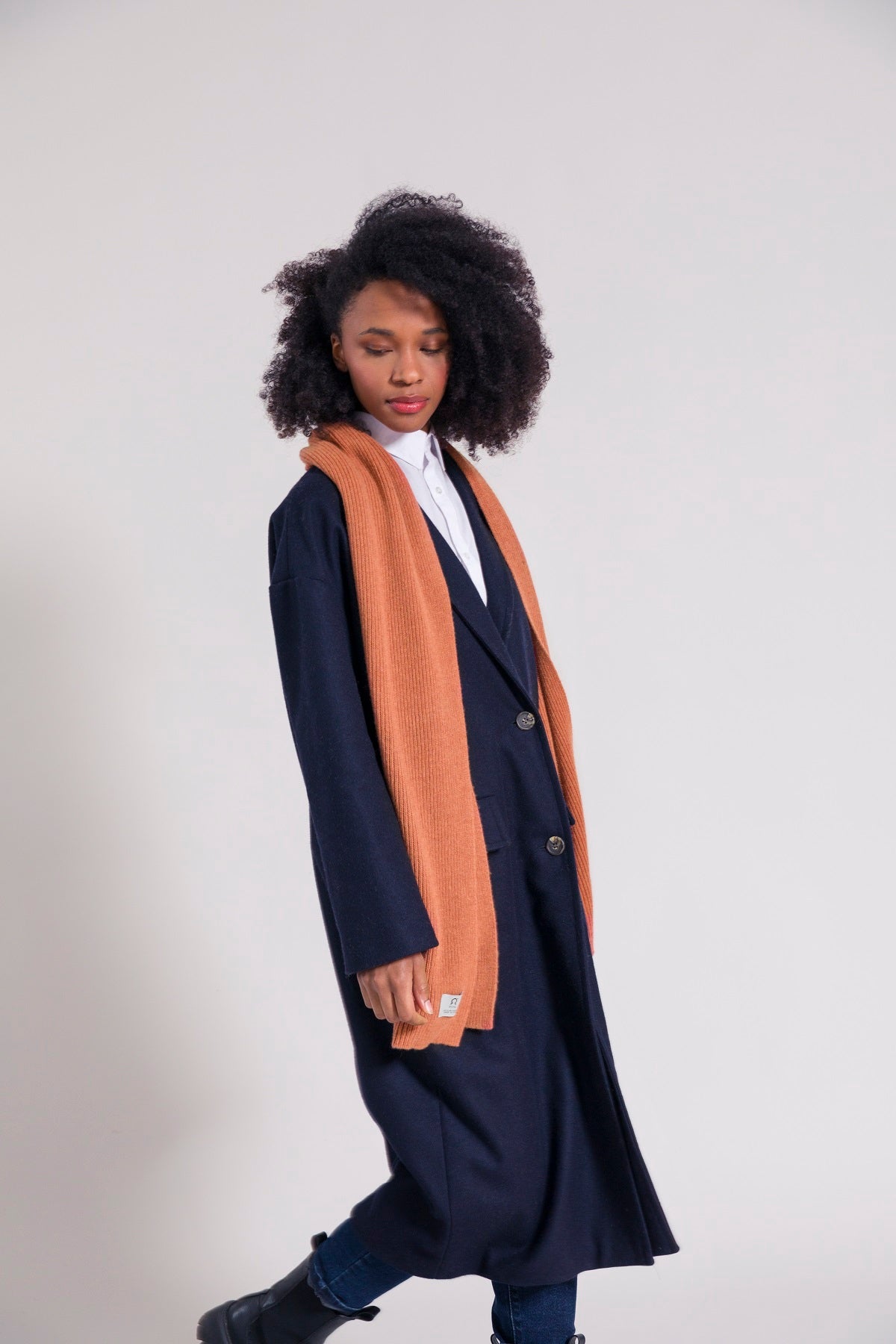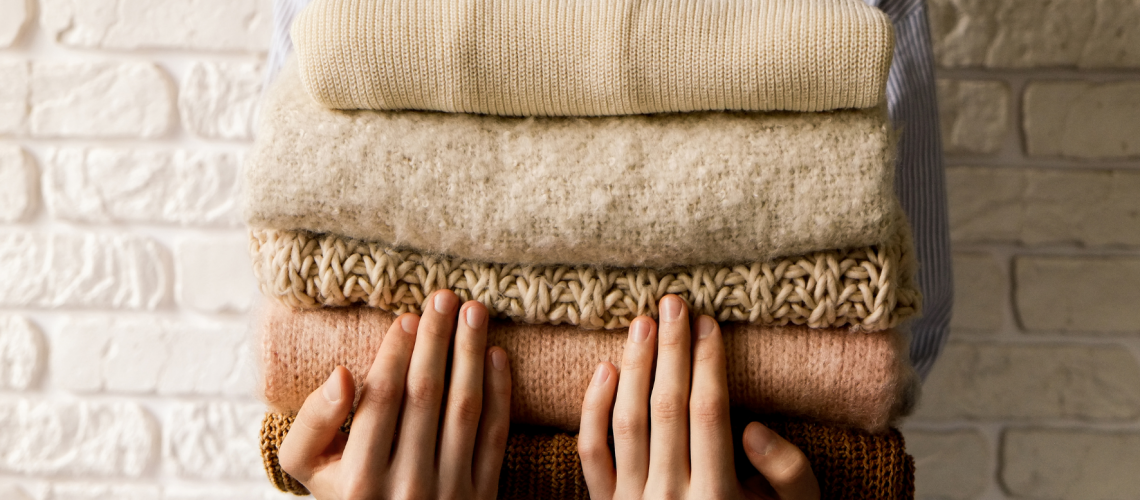It's difficult to find your way among all these labels, don't you think?
We admit that before starting Clother, we too were a little lost... And even if it's a bit of a jungle, we're doing better now 😊
So, we will try to give you some information on the important labels: those who ensure, and those who try to deceive us!
And yes, for several years now, different textile labels have emerged. Some are just window dressing, to make us believe that we are buying responsibly, but others really try to promote more sustainable fashion, whether in the origin of materials, the composition of the clothes, and also production techniques, and working conditions.
The objective of Clother being to offer you a selection of truly committed and sustainable brands, labels are an important element among our selection criteria, when deciding whether to offer a brand or not.
Come on, let's start our overview, with the top 3 labels to favor!
GOTS – it’s THE label to choose when you want organic cotton clothing
The GOTS (Global Organic Textile Sandard) label is an international and independent textile label, which certifies the organic origin of cotton, but also wool and silk. When you see it on a garment, you can be reassured about the human and environmental conditions in which this fabric was manufactured , during all stages of production.
A garment made from GOTS cotton will be a quality product, more resistant and therefore more durable. Indeed, the label applies criteria for resistance to shrinkage during washing and drying, and color stability in the event of perspiration, washing, rubbing and exposure to light.
A garment made from GOTS cotton is also a guarantee of the organic origin of the fabric and a reduced impact on the environment. To obtain the label, producers must respect strict criteria regarding water and energy consumption, non-use of GMOs, waste and wastewater management . Finally, the fabric must be composed of at least 70% fibers from organic farming (and most often, it is 95%).
The GOTS label also assures you that the final garment does not contain pesticide residues or heavy metals (unlike conventional cotton!!).
Finally, at the social level, this label certifies workers to dignified working conditions: no forced labor, no child labor, no physical mistreatment , and legal wages and working hours according to national rules.
Is this label perfect? Obviously, it could go further, for example, by guaranteeing workers minimum prices or fair trade bonuses, or by further controlling the stages of cotton cultivation.
It nonetheless remains one of the strictest, and a “safe” bet when you want to buy organic cotton clothing.
Most of our brands that offer a cotton range favor cotton certified by GOTS: sweatshirts and t-shirts from the Nikin brand , jeans and shorts from Mud Jeans , men's clothing from the Montlimart brand , Marianne 's creations …
GRS (Global Recycled Standard) – the label for circular fashion
Today, too few of our used clothes are recycled into new clothes, for truly circular fashion. Undeniably a strong area of improvement for the textile industry.
If you are looking for clothing made with recycled materials, look for the GRS (Global Recycled Standard) label! This label certifies that the products contain at least 50% recycled material.
Like the GOTS label, it also sets requirements regarding water consumption, waste management and wastewater treatment.
For strict control, and the certainty of a consistent and serious label, all companies involved in the production of a GRS certified product are subject to certification and therefore to its control. This certification is paid and is checked every year.
At Clother, you can find Rifo cashmere sweaters , whose cashmere wool is GRS certified, but also Mud Jeans jeans, which all include at least 30% recycled cotton, also GRS certified.
RWS (Responsible Wool Standard) – for animal-friendly wool
Using wool to make clothing has many environmental benefits:
- less water, energy and no pesticides for its production
- solid material for clothes that can be kept for longer
- much lower washing frequency than for other materials, etc.
However, a risk lies in the conditions of breeding and shearing of the animals : are the animals raised outdoors? how are they fed? What mowing technique is used?
The RWS (Responsible Wool Standard) label provides answers to these questions, and guarantees the well-being of the sheep as well as the preservation of the land on which they graze .
The label closely monitors the handling of the sheep, their nutrition, their medical treatments, the space they receive as well as the sustainable management of their land: no mistreatment of any kind is obviously authorized.
More particularly, the label prohibits muzzling , a much-criticized but still widespread practice, particularly in Australia (the world's leading producer of merino wool), and a source of suffering for animals.
The aim of the RWS is to highlight the most reliable farmers. These are monitored at every level of production, from adoption of the lamb to its shearing, to certify that these animals are raised and treated ethically.
OGARUN sports outfits, ideal for trail running or hiking, are made from RWS certified merino wool!
Here are some other labels that you will sometimes come across at Clother
The RCS label verifies the presence and quantity of recycled product in the final product. This label applies to companies active in ginning, spinning, weaving, knitting, dyeing, printing and stitching.
The Lina recycled cotton sweater is RCS (Recycled Claim Standard) certified, which guarantees its traceability and sustainability.
This label managed by the European Commission wants to encourage a more ecological mode of production for a large number of categories, including textiles.
It takes into account the complete cycle of a product, from its creation to the recycling stage and encompasses natural and synthetic fabrics.
For natural fibers, the product must have at least 10% fiber from organic farming (which is not, let's face it, very strict), or at least 70% recycled fiber. For synthetic fibers, 70% of the product must be composed of recycled fibers (which is not bad at all).
In short, it's always good to have it, but it's not necessarily the strictest label.
The Fairtrade label is an international label, controlled by the independent organization FLO-CERT.
This is a social label, which guarantees stable prices for small cooperatives, and requires safe working conditions within cooperatives. Finally, it undertakes to pay a bonus to producers whose aim is to finance community projects.
Even if it encourages organic crops as much as possible, as well as the safeguarding of biodiversity, it is not strictly speaking an ecological label.
Textiles certified by the Oeko-tex label are free of toxic products for the body and the environment. Among the first labels created, Oeko-Tex guarantees the absence of heavy metals and carcinogenic dyes in the product processing phases.
However, it is neither an ecological or social label because it does not certify the organic cultivation of the product (it does not focus on the origin of the textile fiber), and does not take into account working conditions.
Questionable labels
Finally, there are many really dubious “labels” or certifications. Be careful !
An example ?
The Better Cotton Initiative (BCI) “label” officially ensures cotton that respects the environment and social standards…hmmm, but when you look more closely, you realize that we’re being fooled a bit! Because BCI cotton does not come from organic farming : genetically modified seeds are authorized, as well as the use of transgenic cotton, pesticides and insecticides .
In addition, salary and working time are not taken into account in the social criteria. Worrying, no?
However, many major brands and retailers promote this label, which is very easy to obtain as you will have understood – and will not hesitate to consider BCI cotton clothing as eco-responsible. We have known better...
To conclude...
This list is obviously not exhaustive, and we will not tell you that these labels are perfect! However, we encourage you to favor clothing that benefits from one of the first three labels mentioned, a guarantee of seriousness.
Also keep in mind that these labels have a high cost: for this reason, some brands decide not to be labeled/certified, even if they meet all the criteria. An unlabeled brand can nevertheless be eco-responsible.
In conclusion, we advise you to keep a critical mind, to take the time to inform yourself, and not to believe all the “eco-responsible” advertisements at first glance.
